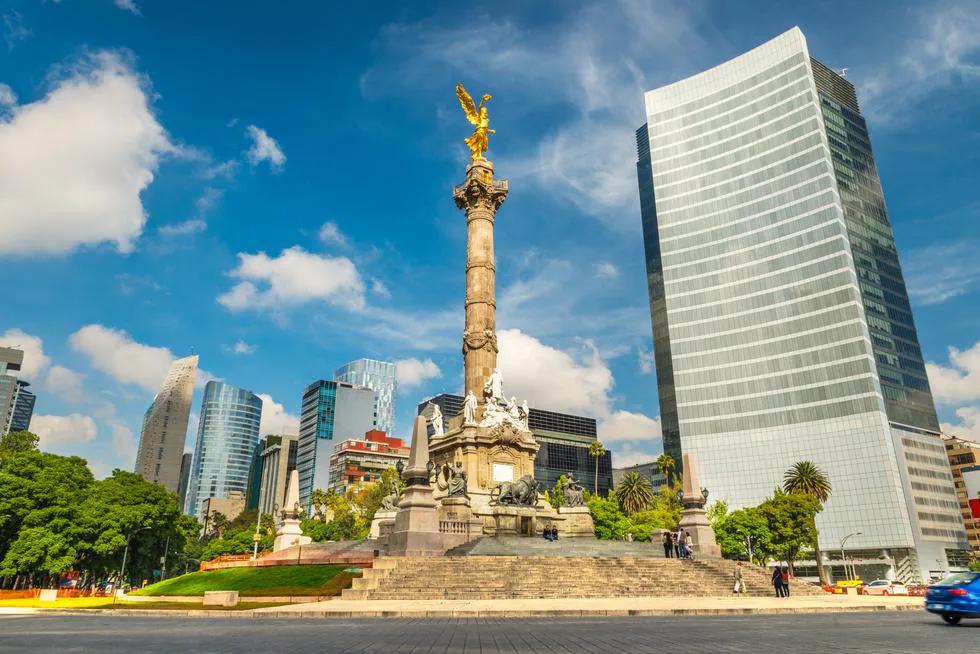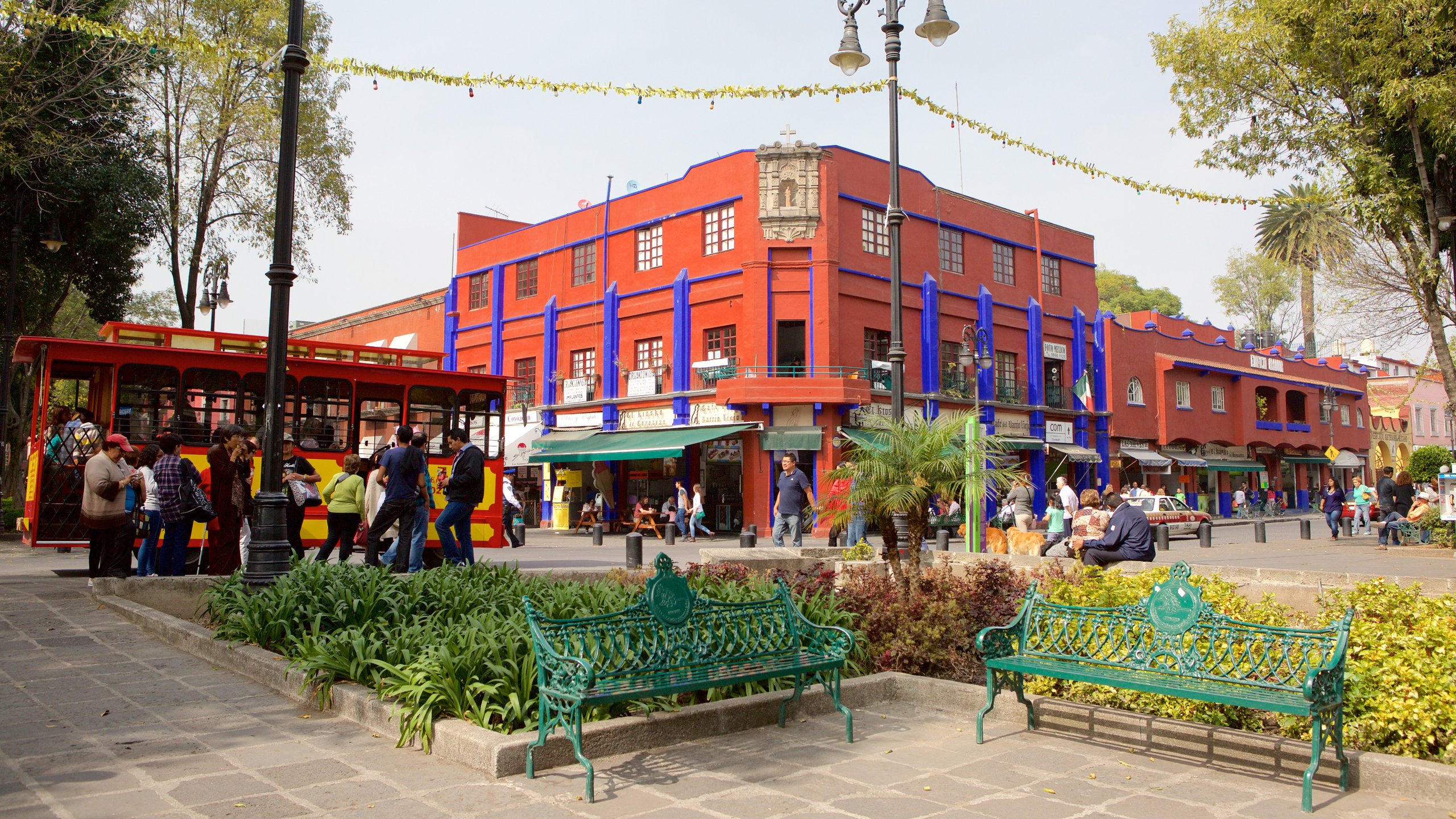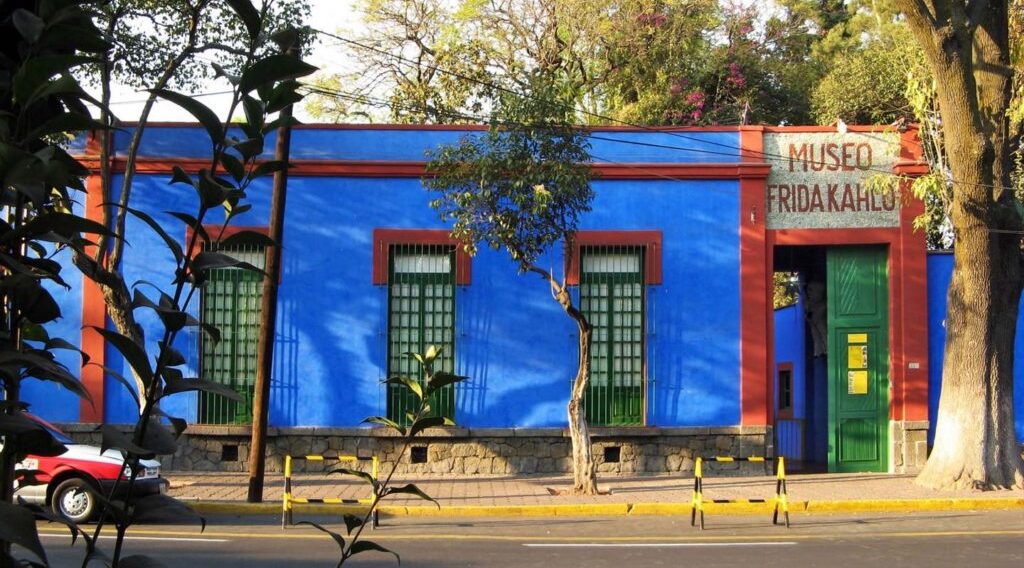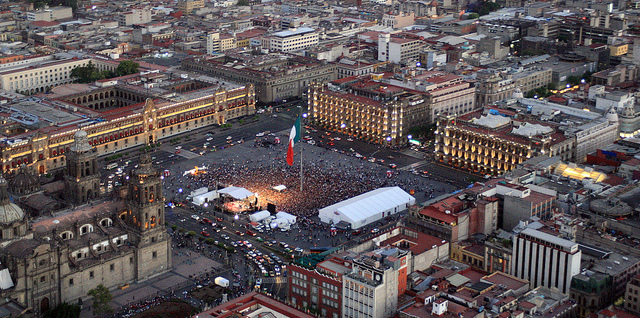


Within the framework proposed by the three pillars of the CIMCIMStrategic Plan 2022–2025, DEIA [Diversity, Equity, Inclusion and Accessibility], Sustainability, and Provenance, this meeting invites participants to reflect on the current challenges we have in our music and instrument museums and collections in the face of transculturation and diasporic communities.

As this is the first time that CIMCIM will meet independently as a committee in a Latin American city, it is proposed to put the notion of center
into perspective in the face of the phenomena of socio-cultural circulation, involving broad, complex, and mutable movements. Today’s diasporic communities, as in the past, maintain connection to their cultural or ethnic identity, even when living in different countries. The experience of being in a diaspora often involves the exchange and preservation of cultural elements, adopting or rejecting elements, as well as generating new musical practices and objects, with varying degrees of metamorphosis and reinterpretation.

In particular, migrant societies, their spaces of coexistence, trajectories in the transfer of ideas, the circulation of objects, and the knowledge linked to the particular ways of understanding music have been fundamental to understanding the phenomena of cultural exchange, especially those that seek to decolonialize discourses and understand the mediations between societies.

Could our museums and collections of music and instruments deepen the cultural dimensions of diasporic communities and transculturation and disseminate them in their discourses, conservation strategies, education programs, and administration policies? Could institutions be a tool for understanding and social cohesion by reducing stereotypes and encouraging reflection on differences?
